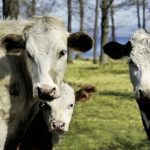
Thin cows cost money
Vet Advice with Dr. Ron Clarke
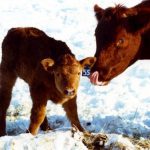
Plan ahead for winter calving
Vet Advice with Dr. Ron Clarke
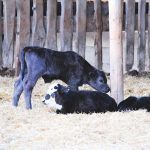
Cold stress in newborn calves
Veterinary Case Study: Although Jim had prepared a warm calving shelter, he hadn’t counted on a cold snap that threatened his newborn calves

Cheap steers bring more than bargained for
Veterinary Case Study: An effective biosecurity plan is essential to prevent infectious diseases from entering your herd

Vet Advice: Viral storms endanger wildlife
Wildlife health is an indication of the health of the environment on which we rely

Can we banish stupidity?
Vet Advice with Dr. Ron Clarke
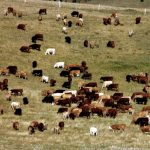
Anthrax: A maverick killer for livestock that never grows old
Vet Advice with Dr. Ron Clarke

Viewing COVID-19 from a veterinary practice perspective
Vet Advice with Dr. Ron Clarke

The role animals play in pandemics
Vet Advice with Dr. Ron Clarke
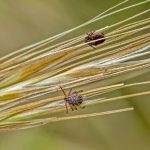
Tick paralysis
Veterinary Case Study: These small insects can cause big health problems in livestock and pets alike



